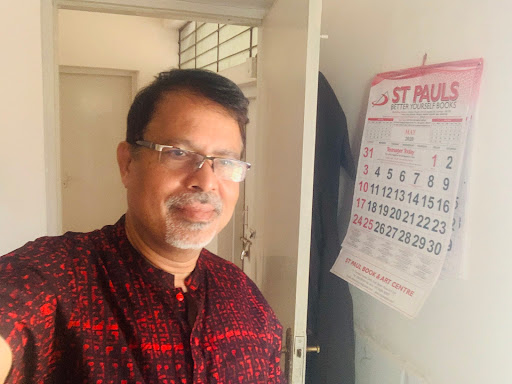The law is undervalued but necessary
Church, Law and Language
Communicating with the general Curia
You need to write and write well, one Letter, one subject
The most common acts: transfer to another institute,
temporary exclaustration, dispensation from temporary vows, dispensation from
perpetual vows and from priestly celibacy, ipso jure dismissal, obligatory
dismissal, facultative dismissal, delicta graviora, alienation of property, a
dangerous omission, Canonical erection of our houses, suppression of houses and
clarification of absence.
Our Guardian is here interviewing friars...about the meeting and their experience during these days of animationGovernment of one circumscription
1. Consent and counsel
2. role of convocation for consent or counsel. The reason for the convocation according to the mind of the legislator is for the superior to be illumined and informed the best way possible
3. The counsel/advice is not binding on superior. Consulting the council members takes the form of a consultative vote, which does not oblige the superior. When the law asks for consent, it is understood that the superior cannot act validly without adhering to the majority vote of the council members. However, interestingly there is no strict obligation on the part of the superior to act after having obtained the consent.
Brothers Antonio and Albert....procuras.....work hand in hand....have brilliant minds....exact and accurate judgment on the cases....
Provincial of France Br. Erik.....very prayerful man....he is very much for promoting International and intercultural praying communitiesRole of superior in deliberative and consultative acts: the superior has the obligation to present the necessary facts relating to the matter in question to the council members inasmuch as the council members have the right to be fully informed so that they can form a valid judgment
5. Superior can vote only in collegial act
6. Permission of absence or leave of absence, who is the competent authority and requirements and procedures, Notification.
7. Unlawful absence from a religious house: when a professed moves out of his community without permission, when he does not return to it at the end of the time of the permission of absence.
8. Exclaustration: simple exclaustration competent authority: the general ministry with the consent of his council
9. , exclaustration for incardination in diocese: competent authority: the holy see
Br. Mark returned from the Hospital, he accompanied Br. Michael...who will undergo surgery....Br. Mark updated us about the health of Br. Michael....
4.
11. Imposed
exclaustration: it is imposed by the Holy See on its own initiative or upon the
request of the general minister with the consent of his council. Competent
authority: The Holy See
12. Definitive
departure from the institute of a cleric religious for incardination “pure et
simpliciter” in a diocese. Competent authority: The Holy See
13. Definitive
passage to another circumscription. Competent authority: the general minister
with the consent of his council.
14. Canonical
erection and suppression of religious houses
15. Readmission
to the institute: competent authority is the general minister with the consent
of the council.








No comments:
Post a Comment